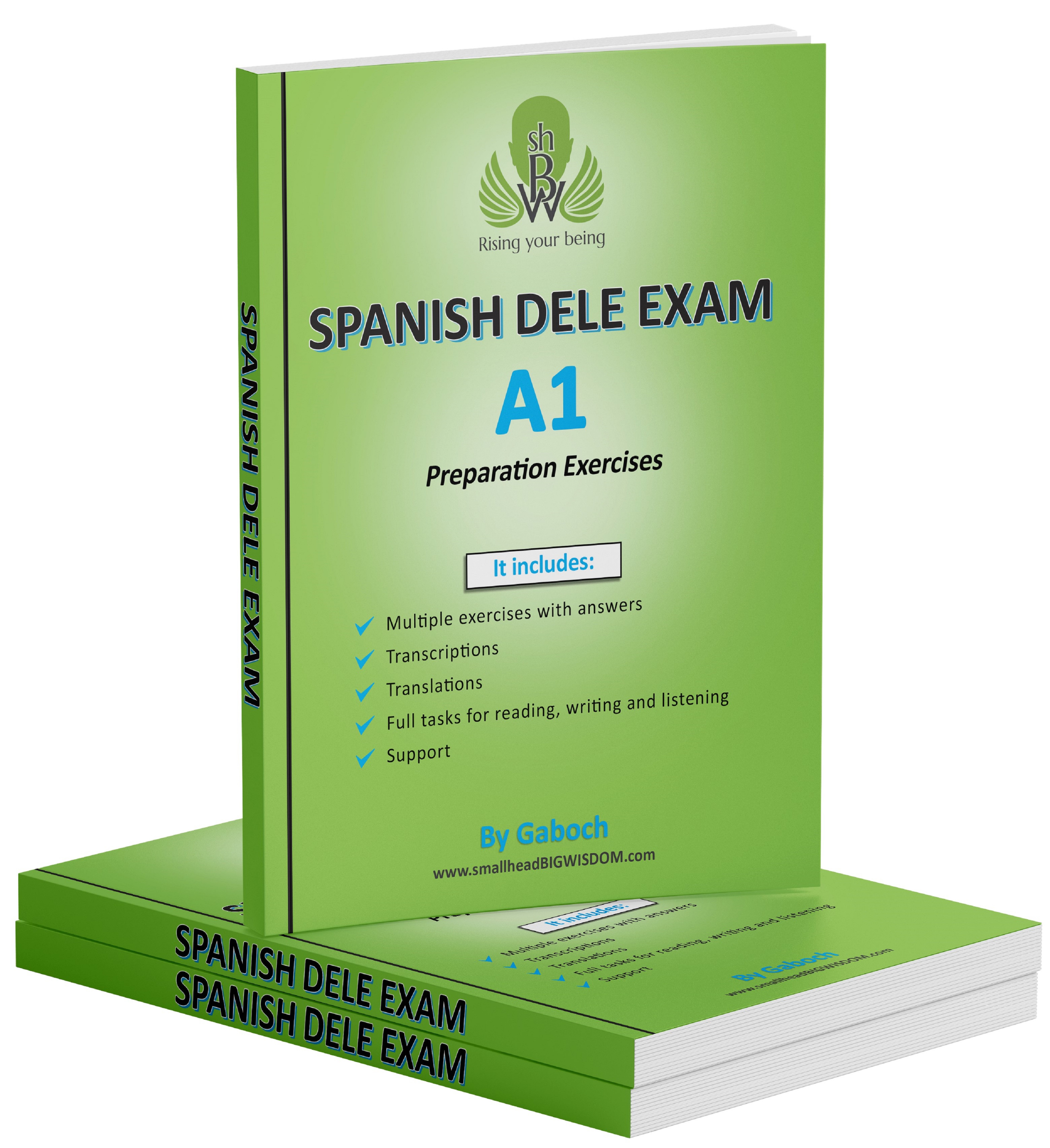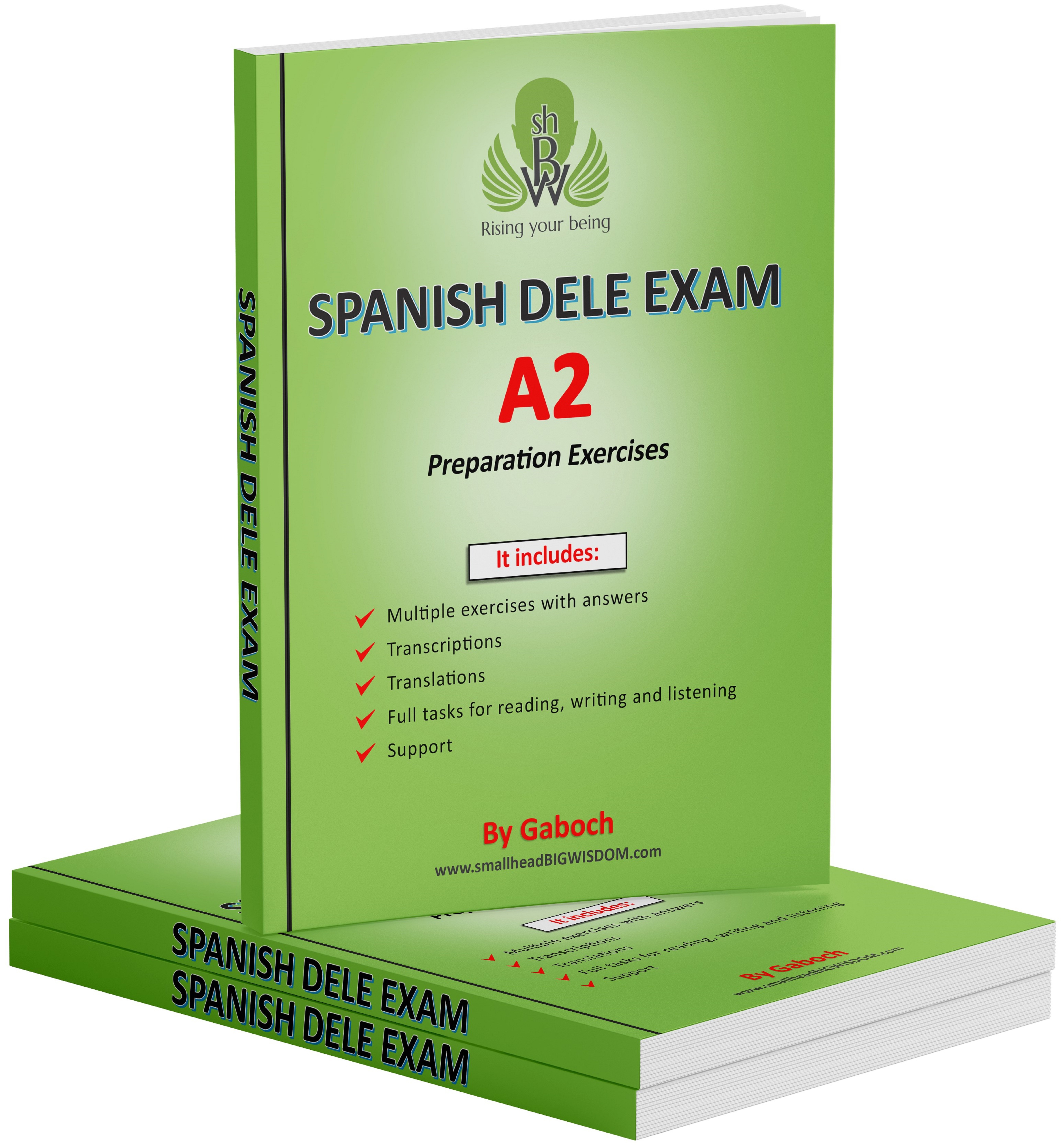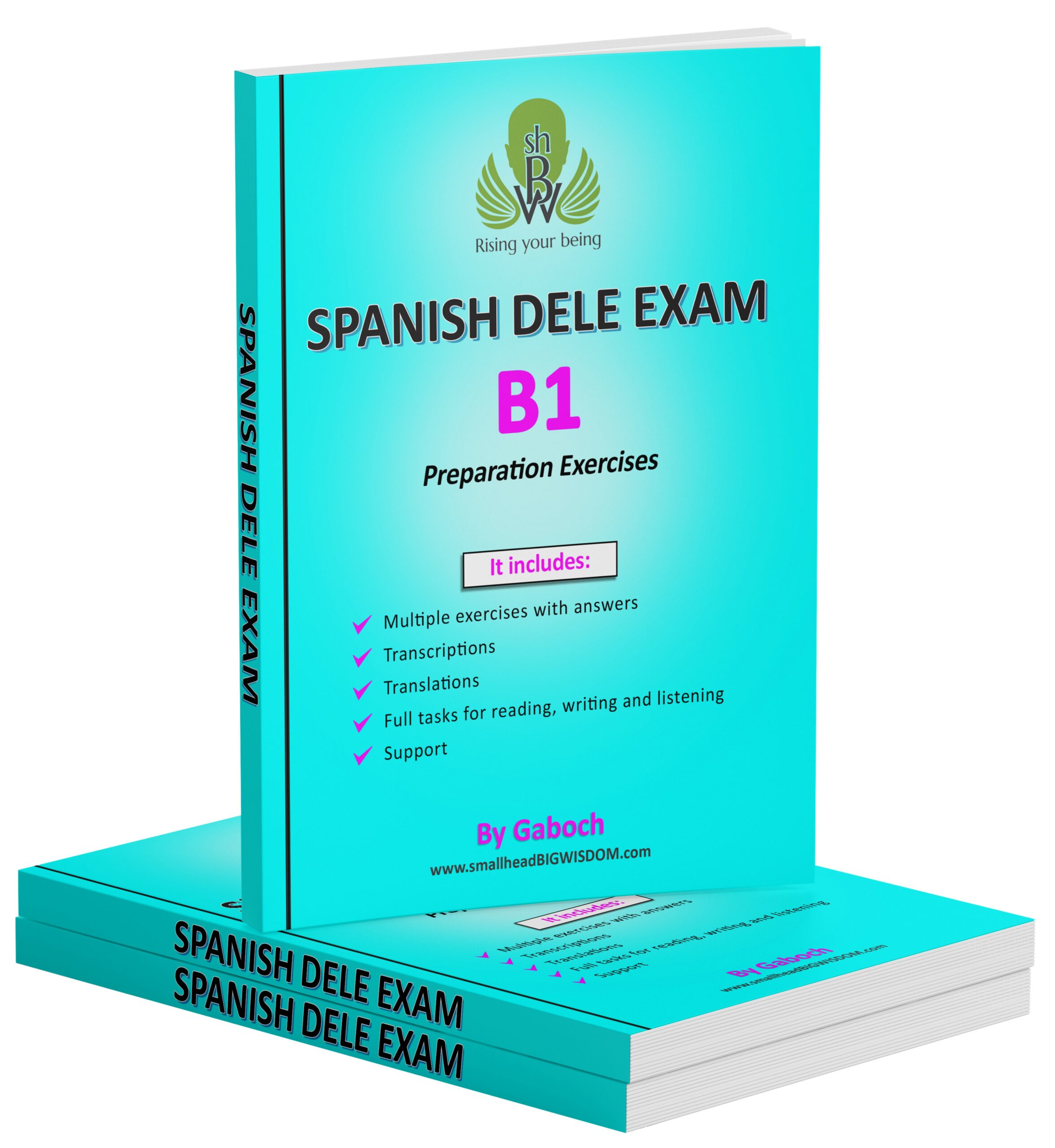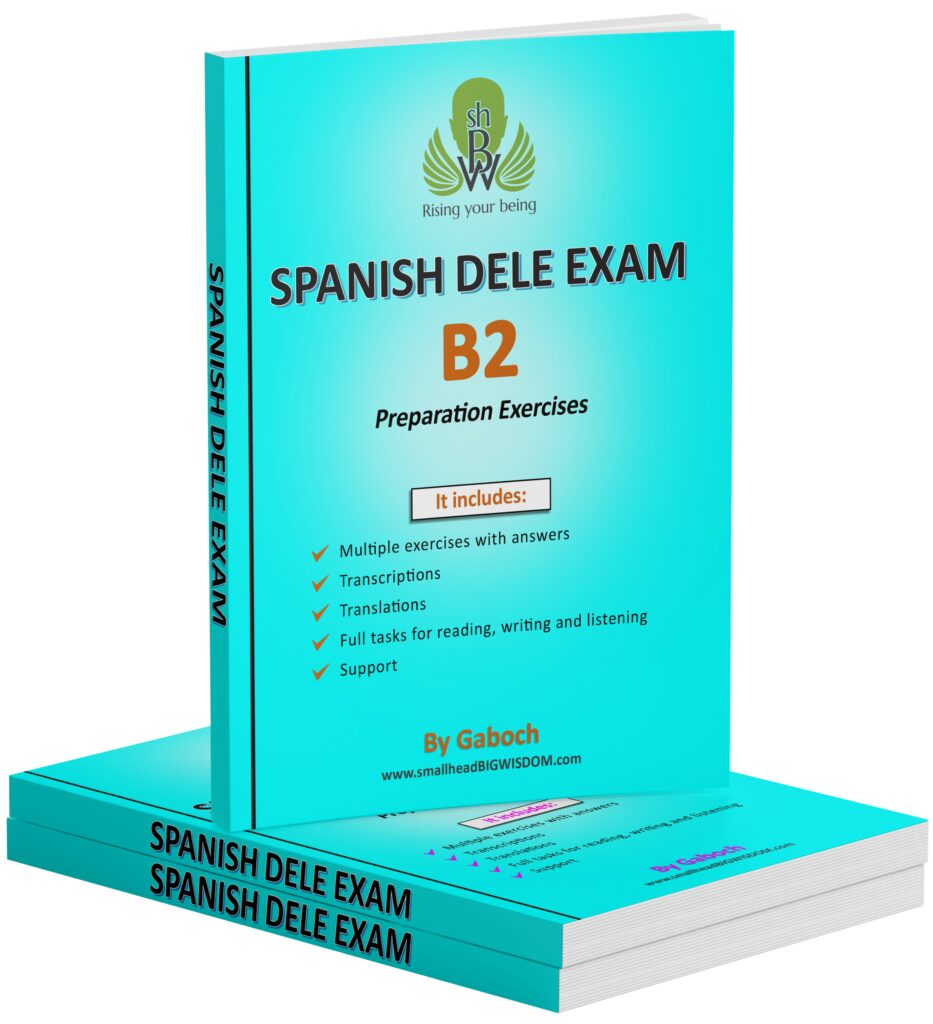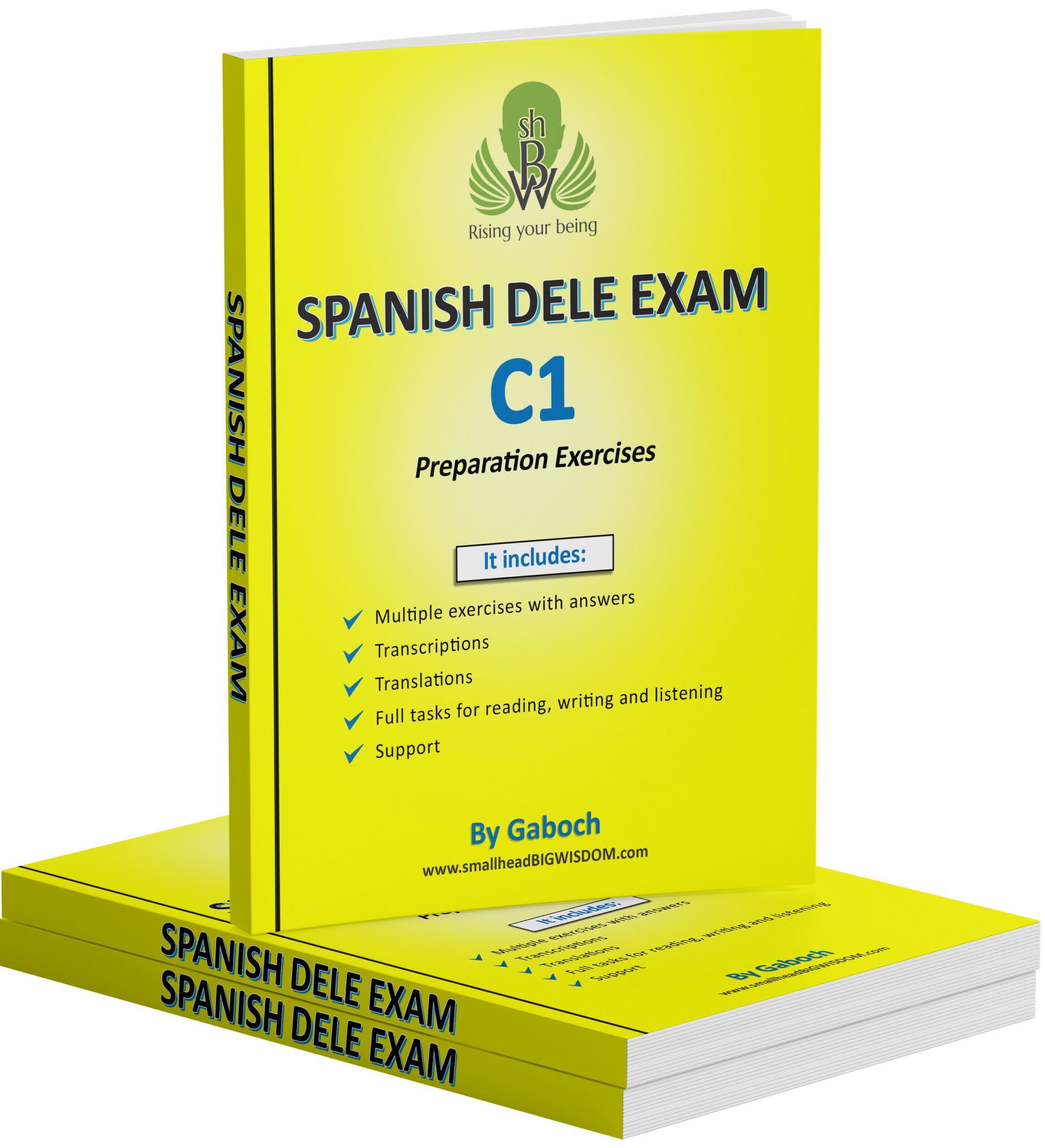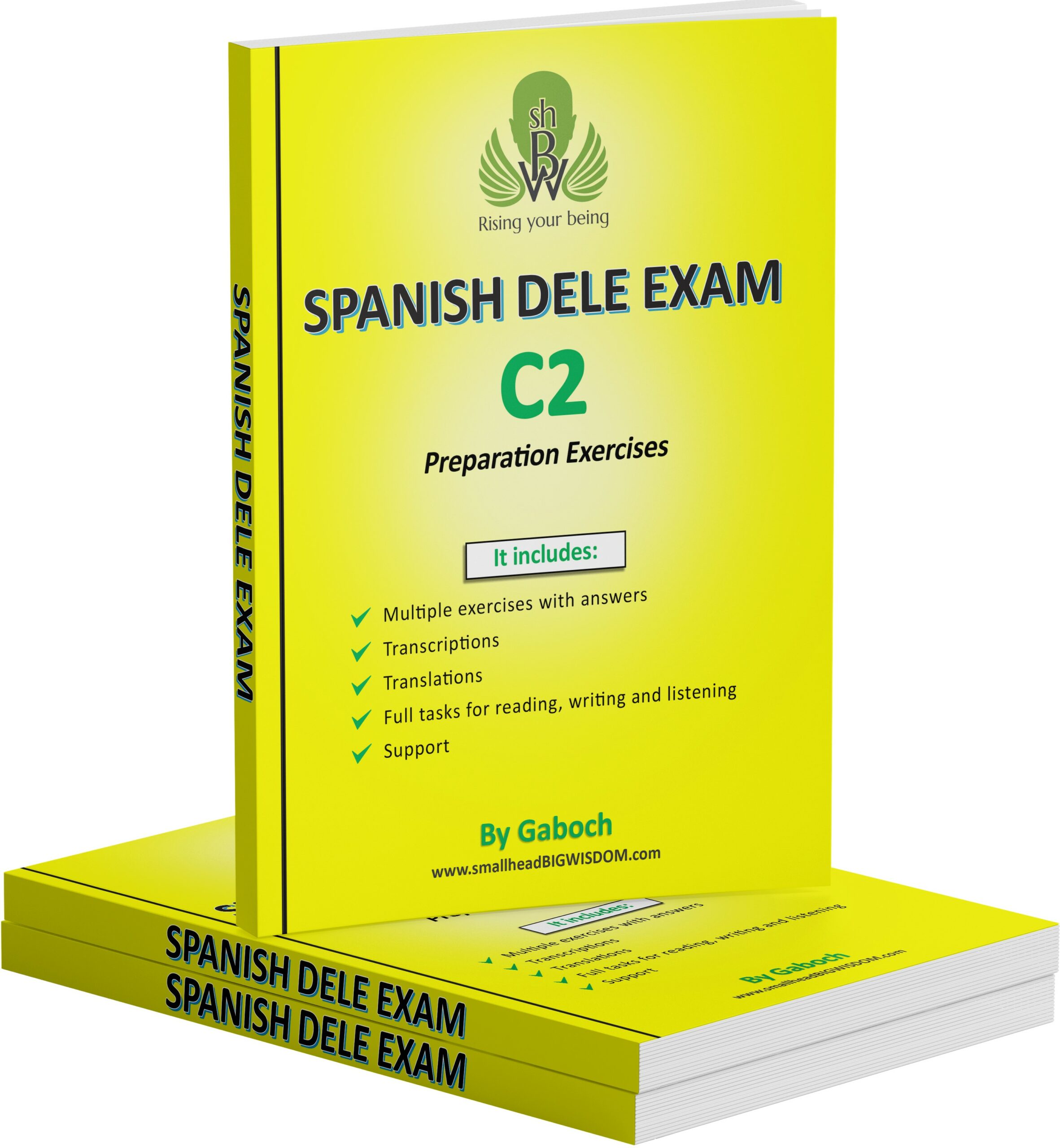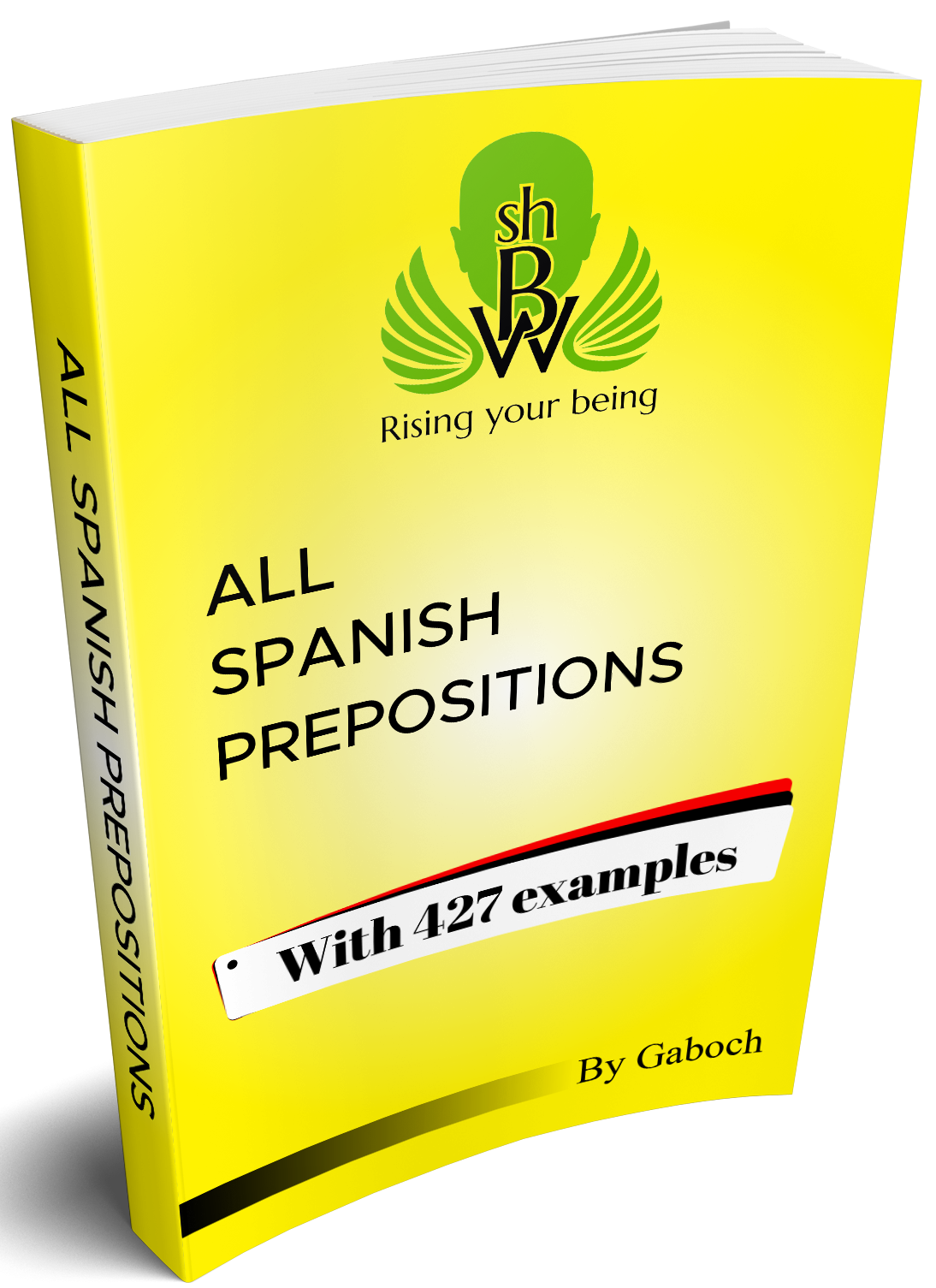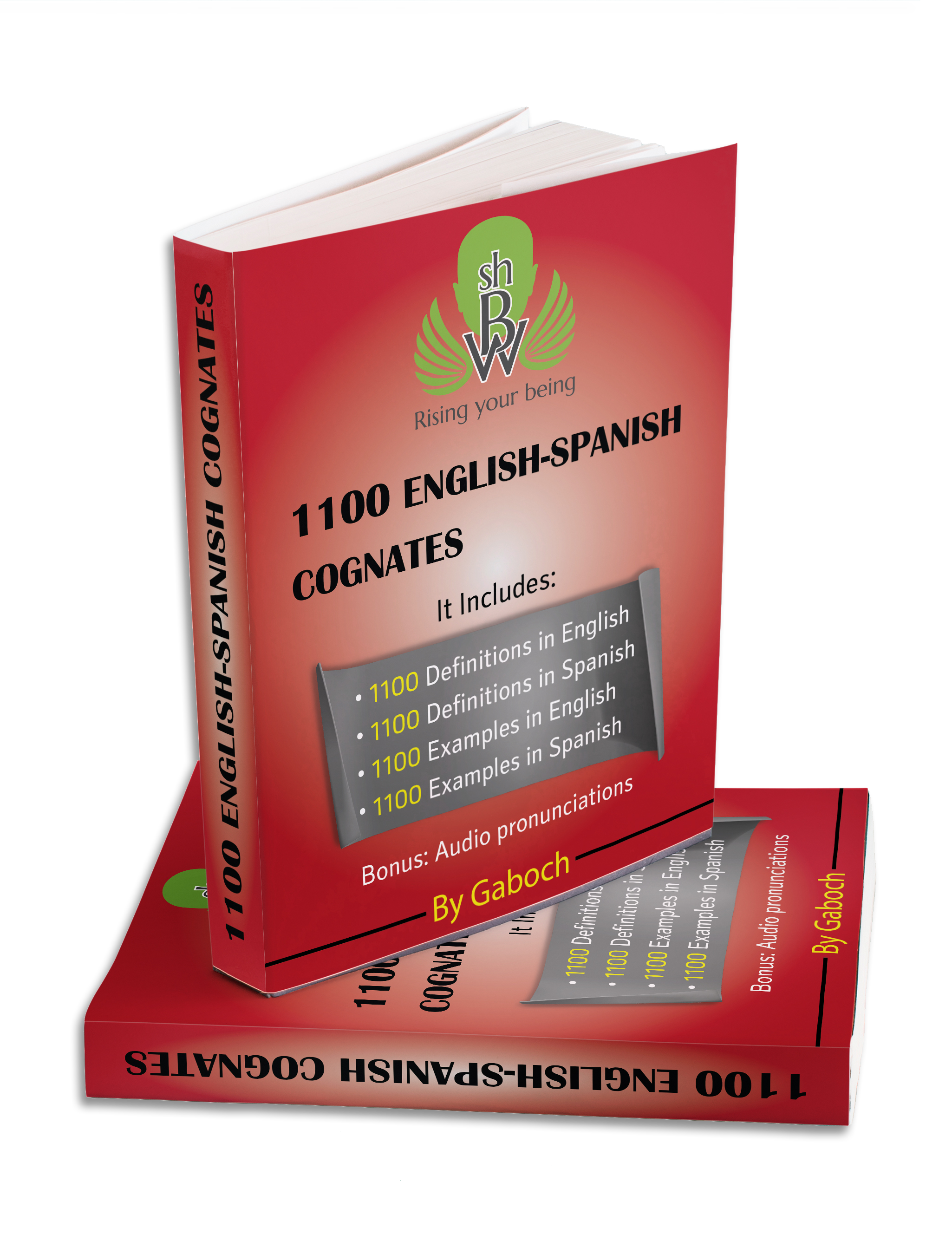smallhead BIGWISDOM
Rising your being
Various Exercises
Exercises with PARA
1. Voy a la tienda para comprar pan.
(I’m going to the store to buy bread.)
2. Este vestido es para María.
(This dress is for Maria.)
3. Necesito terminar este proyecto para el viernes.
(I need to finish this project by Friday.)
4. Estudio para mejorar mis habilidades.
(I study to improve my skills.)
5. Para mí, la familia es lo más importante.
(For me, family is the most important thing.)
6. Este libro es para aprender español.
(This book is for learning Spanish.)
7. Salimos temprano para evitar el tráfico.
(We left early to avoid traffic.)
8. Para ser honesto, no me gusta esa idea.
(To be honest, I don’t like that idea.)
9. Lo hice para ayudarte.
(I did it to help you.)
10. Vamos a ahorrar dinero para nuestras vacaciones.
(We’re going to save money for our vacation.)
11. Para ser tan joven, es muy maduro.
(For being so young, he is very mature.)
12. La cena está para servirse.
(Dinner is about to be served.)
Exercises with POR
1. ¡Gracias por tu ayuda!
(Thank you for your help!)
2. Caminé por el parque esta mañana.
(I walked through the park this morning.)
3. Lo hice por ti.
(I did it for you.)
4. Él trabajó por ocho horas seguidas.
(He worked for eight hours straight.)
5. Voy a viajar por avión.
(I’m going to travel by plane.)
6. Te cambio este libro por ese.
(I’ll trade you this book for that one.)
7. ¡Por favor, cierra la Puerta!
(Please, close the door!)
8. La reunión fue cancelada por la lluvia.
(The meeting was canceled due to the rain.)
9. Estoy aquí por negocios.
(I’m here for business.)
10. Por la noche, las estrellas se ven más brillantes.
(At night, the stars look brighter.)
11. Se comunica por correo electrónico.
(He communicates by email.)
12. Por ser tan temprano, ya hay mucha gente en la tienda.
(For being so early, there are already a lot of people in the store.)
Exercises with the DEFINITE ARTICLES
1. El sol brilla en el cielo.
(The sun shines in the sky.)
2. La casa es grande y cómoda.
(The house is big and comfortable.)
3. Los niños juegan en el parque.
(The children play in the park.)
4. La mesa está en el comedor.
(The table is in the dining room.)
5. El perro duerme en la cama.
(The dog sleeps on the bed.)
6. La ventana está abierta.
(The window is open.)
7. El agua está fría.
(The water is cold.)
8. Los libros están en la estantería.
(The books are on the shelf.)
9. La música es muy relajante.
(The music is very relaxing.)
10. El coche está aparcado afuera.
(The car is parked outside.)
11. Las flores son hermosas.
(The flowers are beautiful.)
12. El profesor explicó la lección claramente.
(The teacher explained the lesson clearly.)
Exercises with the INDEFINITE ARTICLES
1. Tengo un perro que es muy juguetón.
(I have a dog that is very playful.)
2. Hay una carta en la mesa.
(There is a letter on the table.)
3. Necesito comprar un libro nuevo.
(I need to buy a new book.)
4. María es una amiga muy especial.
(María is a very special friend.)
5. Encontré una moneda en el suelo.
(I found a coin on the ground.)
6. Quiero ver una película esta noche.
(I want to watch a movie tonight.)
7. Un niño se acercó a pedir ayuda.
(A child came up to ask for help.)
8. Necesitamos un coche más grande.
(We need a bigger car.)
9. Hay una tormenta en camino.
(There is a storm on the way.)
10. Voy a hacer un pastel para la fiesta.
(I’m going to make a cake for the party.)
11. Vi a unos cantantes en el aeropuerto.
(I saw some singers at the airport.)
12. Conocí a una persona muy interesante ayer.
(I met a very interesting person yesterday.)
Get the book about 1100 English-Spanish Cognates!
Bonus: Audio pronunciations
Get it now!
(See Table of Content)
